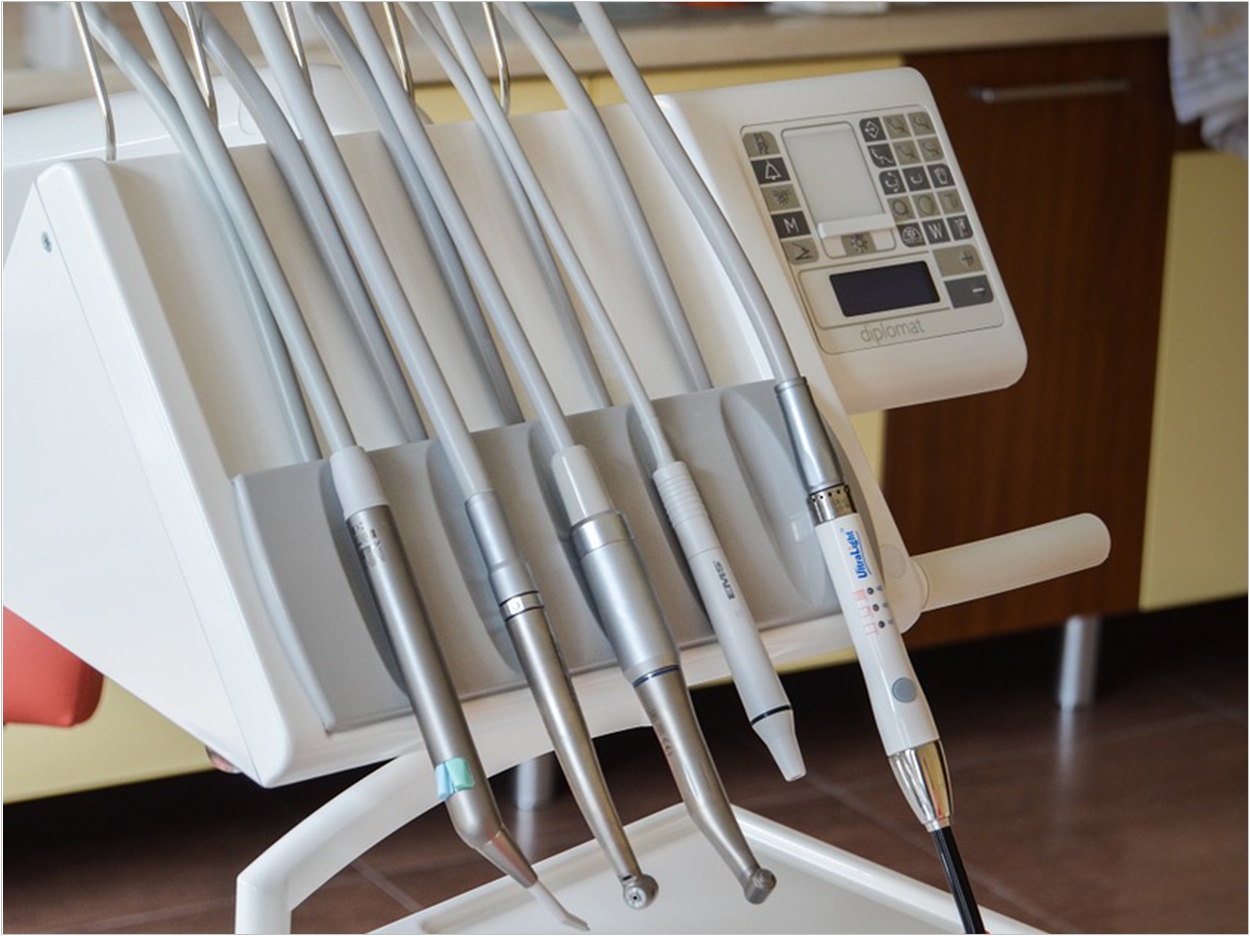
The Begbies Traynor Red Flag Alert has found that 16% of dental practices in the United Kingdom are feeling financial pressures as they face the latest round of restrictions from the government after only recently starting to reopen.
As a sign that some in the sector are battling to survive, the Red Flag Alert, which tracks the numbers of businesses in the United Kingdom in “significant” financial distress, showed that 1,740 dental businesses now fall into this category, or a 4% rise within the past year.
With just over 12,000 dental practices in operation in the United Kingdom, these figures indicate that approximately 16% of all dental practices are in financial trouble, the corporate rescue and recovery company said.
But with the closing of court activity and the government’s decision to give companies a stay of execution during the pandemic, the true extent of the financial damage suffered by many sectors including dental practices hasn’t been fully revealed yet, Begbies Traynor said.
Begbies Traynor encourages dental practices that are in trouble to explore options they could take to restructure and thrive.
“Many sectors across the UK business community have felt the financial impact of coronavirus, and the dental practice sector is no exception,” said Ken Pattullo, regional managing partner at Begbies Traynor.
“The rise in the number of businesses now recorded to be in significant distress is concerning, and it is clear that for some practices, rebuilding a financially sustainable future, whilst dealing with the new operating requirements, is going to be a real challenge,” Pattullo said.
“But there is help available in the form of restricting. Restructuring is too often looked upon as a last resort, but it is a method that many during this climate can use to their advantage,” he said.
“We’ve also developed a Fast Track CVA, which is an ideal solution if the business itself is still viable but needs the time and creditor support to recover. With these options, a company can strengthen itself against future issues, something that may be needed with a tough winter ahead, with a possible second wave underway,” he said.
The new safety requirements such as improved personal protective equipment for staff, more frequent cleaning regimes, and social distancing measures mean that day-to-day operating costs have escalated while practices have had to accommodate fewer patients, Begbies Traynor said.
Revenue and efficiency hits also have been incurred in the wake of fragile consumer confidence levels that have made some patients reluctant to return for checkups or treatment during the pandemic, the company said.
Despite the government’s financial relief for the business community during the pandemic, many dental practices have struggled to access this assistance, Begbies Traynor said. For example, the BDA said that while a quarter of practices had applied for a government support loan, 86% of them had been turned down.
An additional issue for dental practices has been the response of the insurance sector, with the Association of British Insurers warning that only a few companies in the United Kingdom will have coverage that allows them to claim on their insurance for the impact of the pandemic.
“In such unprecedented times, it is more important than ever that smaller-sized dental practices access trusted and expert advice about managing the financial fallout of COVID so that they can continue to remain viable,” said Pattullo.
“With a second wave likely to cause more issues around operating safely, and the possible imposition of more lockdown measures, it is crucial that dental practices struggling to cope with financial concerns address them now, seek out the right help and advice, and do not leave it until it’s too late,” he said.
Related Articles
Dental Practices to Remain Open During England’s Next Pandemic Lockdown
Is Dentistry Going to Remain on the Sidelines During This Pandemic?
The BDA Questions Flu Vaccinations for Dentists












